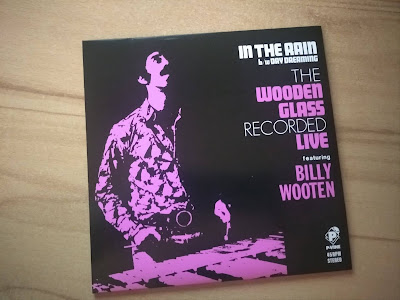Αναρτήσεις
Προβολή αναρτήσεων από Ιούλιος, 2022
Chico Hamilton Introducing Larry Coryell - The Dealer 1966 (Impulse!)
- Λήψη συνδέσμου
- X
- Ηλεκτρονικό ταχυδρομείο
- Άλλες εφαρμογές
The Wooden Glass Featuring Billy Wooten - In The Rain / Day Dreaming 2022 (P-Vine Records)
- Λήψη συνδέσμου
- X
- Ηλεκτρονικό ταχυδρομείο
- Άλλες εφαρμογές
John Fitch & Associates – Romantic Attitude 1969 (Beacon)
- Λήψη συνδέσμου
- X
- Ηλεκτρονικό ταχυδρομείο
- Άλλες εφαρμογές
Anadol - Uzun Havalar 2019 (Kinship)
- Λήψη συνδέσμου
- X
- Ηλεκτρονικό ταχυδρομείο
- Άλλες εφαρμογές
Dave Bixby – Ode To Quetzalcoatl 1970 (Not On Label (Dave Bixby Self-released)
- Λήψη συνδέσμου
- X
- Ηλεκτρονικό ταχυδρομείο
- Άλλες εφαρμογές





